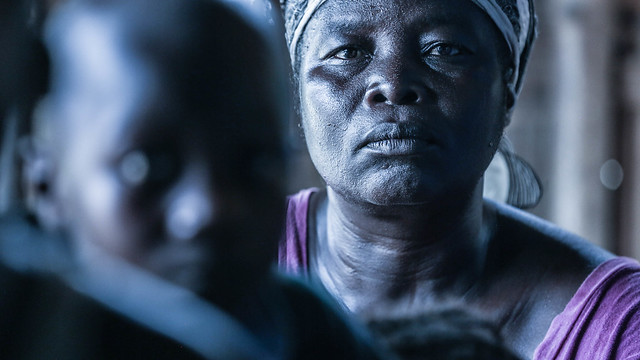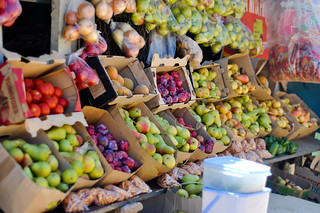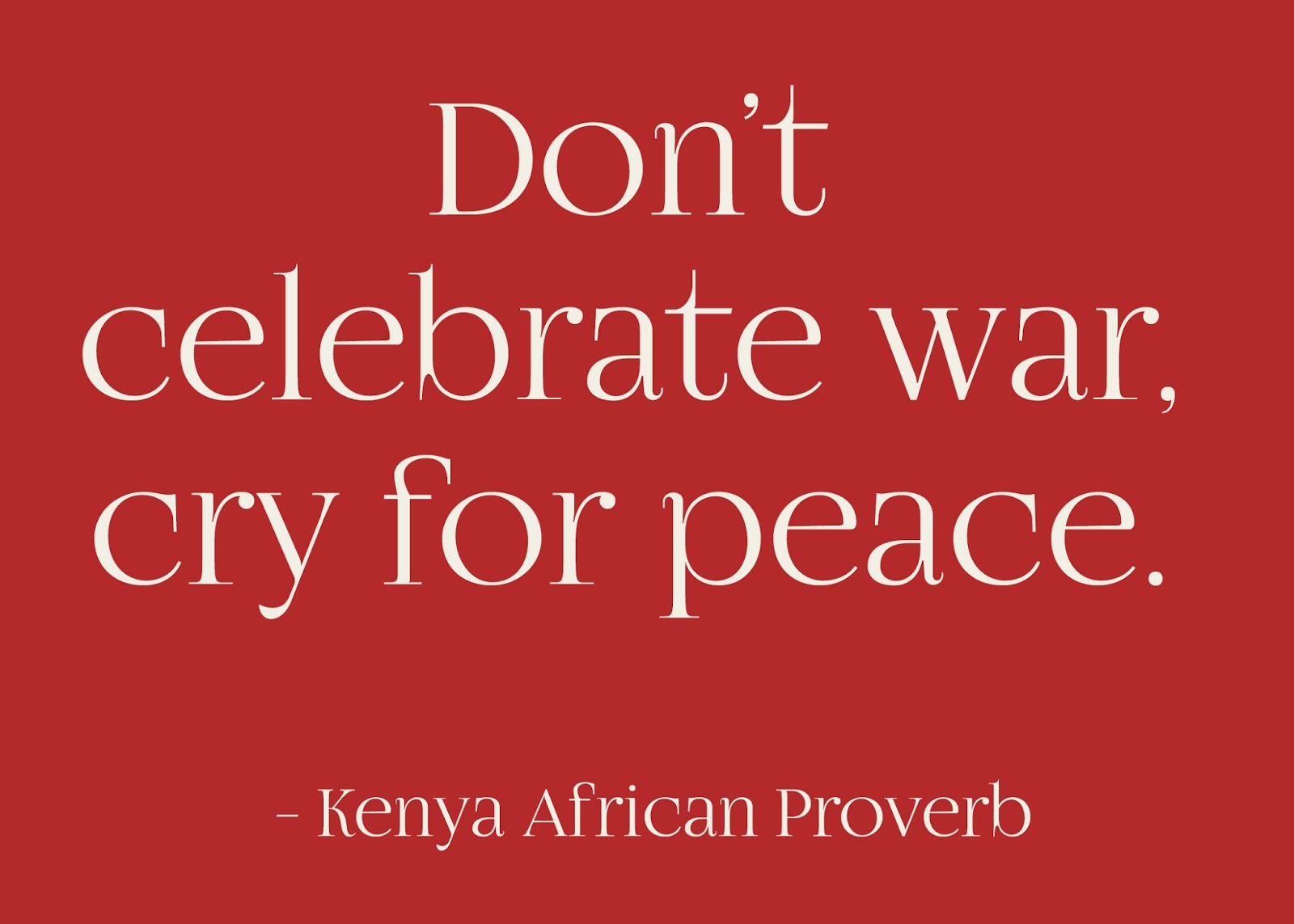Discover the Northernmost Nubian City of Wawat
Learn Wawat's role in the ancient world and its significance in Nubian history and culture.
Wawat was a part of Lower Nubia. In ancient times, Nubia was traditionally divided into two main regions: Lower Nubia in the north and Upper Nubia in the south. Lower Nubia encompassed the northern part of Nubia, closer to Egypt, while Upper Nubia covered the southern part, further upstream along the Nile River.
Wawat was an important ancient city located in Lower Nubia, near the border with Egypt. It was crucial in facilitating interactions and exchanges between the Nubian and Egyptian civilizations. The area holds great significance in the history of Nubia and the Nile Valley.
To the east of the Nile River, Wawat stood as a distinctive tribal region, effectively separated from its western counterparts by the natural boundary of the river. The Nile River, with its flowing waters and fertile banks, served as both a geographical divide and a conduit for the interaction and exchange of cultures in the ancient world.
📌 Learn about Africa’s powerful civilizations before Europeans.
Nubia is situated along the Nile River and encompasses parts of modern-day Egypt and Sudan.
Wawat was a region located in the northernmost part of Nubia, and it held great cultural and historical significance. The strategic position of Wawat played a vital role in the defense of Nubia. The Nile and the surrounding geography provided natural features that gave the region a unique advantage in terms of defense. Throughout ancient history, Nubia was home to many powerful kingdoms and cultures.
The people of Wawat played an important role in the interactions and exchanges between Egypt and Nubia. The region was known for its rich resources, including gold, which made it a valuable area for trade and diplomacy. Some other goods traded between the two regions included gold, ivory, ebony, incense, textiles, grains, and pottery.
Overland trade routes, or caravans, were established between Nubia and Egypt. These routes connected Nubian trading centers with Egyptian cities and allowed for the exchange of goods. Wawat was a transit route for trade caravans moving goods between Nubia and Egypt. The Nile River and its adjacent lands were an important transportation corridor.
Wawat and Wadjet
The region of Wawat was characterized by vast deserts to the east, imposing mountains to the west, and lush and fertile lands along the banks of the Nile River. Wawat also had cultural and religious sites, such as temples and burial grounds. Wadjet was particularly significant in Wawat; she was an ancient Egyptian and Nubian goddess with a strong association with protection and royalty. She was symbolically represented as a cobra or as a woman with a cobra's head, which emphasized her protective and sometimes fierce aspects.
Nubia, like Egypt, had its own temples dedicated to the worship of deities. These temples were often adorned with intricate carvings and inscriptions. They served as places of religious worship, ritual ceremonies, and the veneration of gods and goddesses. The walls and interiors of temples and burial chambers were adorned with intricate artwork depicting scenes from religion, rituals, and daily life.
What Were People of Wawat Called
In ancient times, the people of Wawat, like many ancient cultures, had their own names or names for their community or region. Unfortunately, specific ancient names used by the people of Wawat have not been widely documented or preserved in historical records.
Historians often rely on contemporary designations like Wawat to refer to this region in Nubia, as these names have come down through historical records and research. Therefore, the use of modern designations is for the sake of clarity and study in archaeology and history. Wawatians is a modern designation used by historians and researchers to refer to the people of Wawat.

































